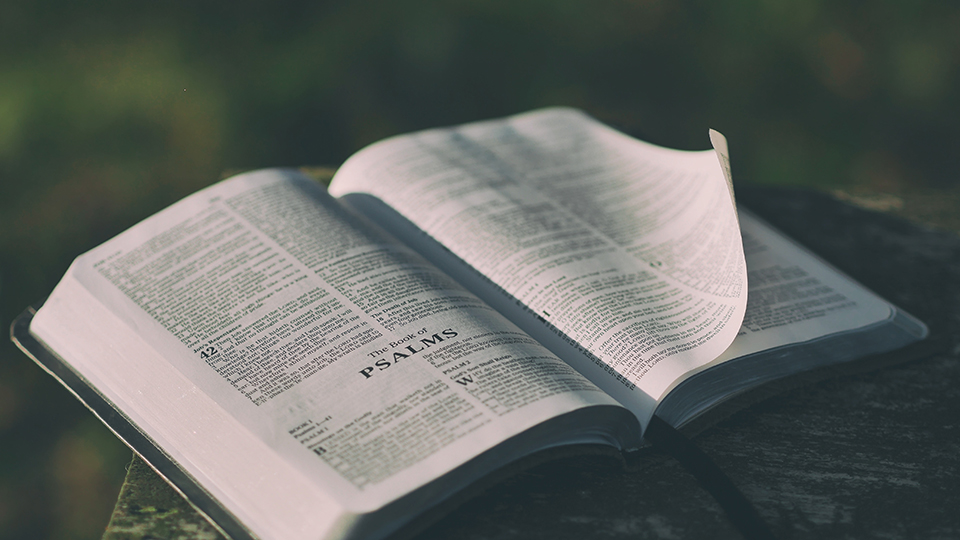Liturgy & Worship
Faith Church Sunday Gatherings
By Pastor Ryan Broadhurst

What Is Liturgy?
Liturgy simply means “order or plan for worship”. While there is no biblical mandate or instruction guide for the particular way to organize a Sunday Gathering, at Faith Church we want the liturgy of our Sunday Gathering to be shaped by the Gospel as much as possible. There are certain aspects that Scripture tells us must be a part of our weekly corporate gatherings such as prayer, singing, teaching, preaching, and giving together as God’s family, and so we want to be able to combine those things in a way that will highlight Jesus and serve his people as much as possible.
Why Liturgy?
Our liturgy is a tool that helps us realize our need for the Gospel and encounter it in a way that connects our emotions and experiences to the hope of Jesus so that we may worship in Spirit and in Truth. This also connects us with the church historically (through the prayers and church calendar that have helped remind the church of the Gospel for centuries) and helps us to connect with the church presently, as a fully alive, fully human church (through times of celebration and adoration as well as confession and lament).
We desperately need to remind and be reminded of God’s radical grace. We do this each week through singing and responsive reading. As we sing, read, and pray out loud, we both speak and hear the Good News of the Gospel to/from the entire church. We believe this is the joyful duty of all Christians and not simply the pastors who lead worship and preach. As we sing, read, and pray out loud together we are cementing truth in our own hearts as well as those around us.
How Does Liturgy Work?
There are four basic movements when it comes to the full Gospel Narrative. Our Gatherings are crafted around these four movements to remind us of the whole Gospel.
1) Creation – Call To Worship – Our Holy Creator God calls us to worship Him.
2) Fall – Confession or Lament – God’s holiness reminds us of sin & brokenness within us & our world. We then take time to confess our sins or grieve the problems we face.
3) Redemption – Assurance & Passing the Peace – God never fails to assure us that because of Christ we have hope in the midst of sin and lamenting. Jesus makes us right both with God & each other.
4) Restoration – Sermon, Response, & Benediction – As we look forward to the future where all things will be restored and made new by Jesus, we are instructed in how to live as the Church in the present. We respond to this already/not yet teaching and are sent out to make new and better disciples as we live Gospel Centered lives in the city, looking toward the Celestial City to come.
Where Does Liturgy Come From?
We do not have a specific book on order or prayer that we draw from. The pastors use various resources to draw from in regards to responsive readings and prayers. These resources include passages from Scripture as well as prayers/readings crafted by the pastors or adapted from The Worship Sourcebook, Valley of Vision, and Sojourn Worship Liturgy to name a few.
The songs we sing each week are comprised of 1) Hymns which have been sung by the church for ages; 2) Contemporary Christian Music such as heard on the radio & popularized by the likes of Chris Tomlin, Phil Wickham, Hillsong and others; and 3) New Songs from various sources such as Sojourn Music, Sovereign Grace, Austin Stone Worship, and others which allow us to sing new songs that connect with us using rich/deep lyrics and well-crafted musical composition.
Final Thoughts on Liturgy
Many of us grew up in backgrounds where liturgy within the church seemed dead, boring, or ‘tradition for tradition’s sake’. Others of us grew up in backgrounds where we had no concept of liturgy but sang fast/medium/slow songs, prayed extemporaneously, and heard sermons. In both cases, the goal of our worship Gathering each Sunday is to redeem tools that God can use to drive the Gospel into our hearts. We pray responsive prayers, but we also pray extemporaneously (on the spot). We refuse to believe that responsive reading must be lifeless or that free, engaging, worship must be without forethought.
Our Liturgical order is not our God. It is our effort to orderly worship God and be built up in a Gospel Centered way so that we might be able to live Gospel Centered lives outside the Gathering time as well. The way we worship on Sundays at Faith Church is not ‘the one, right way’ to do it, but it is how we seek to connect with God, edify one another, and be a good witness to outsiders.
